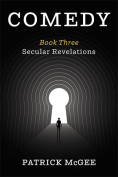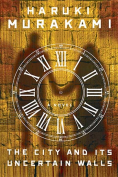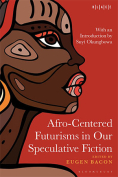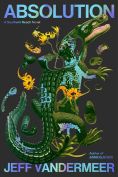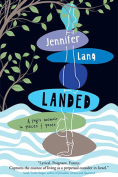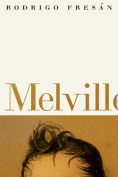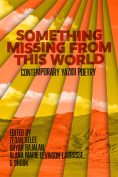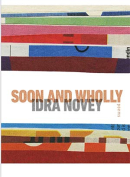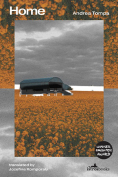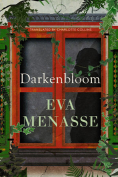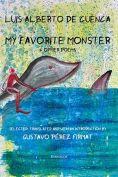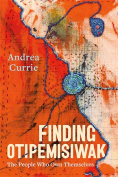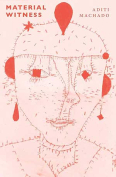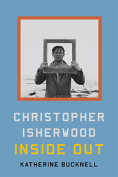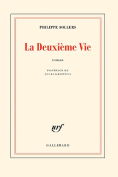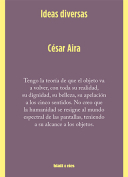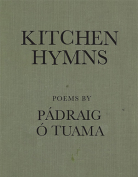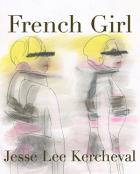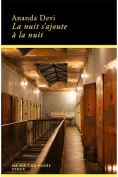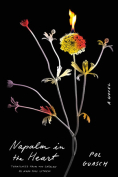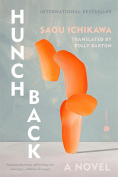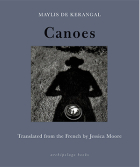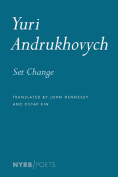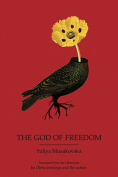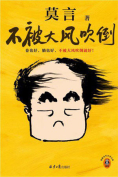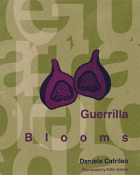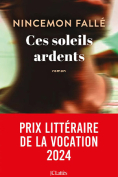Soon and Wholly by Idra Novey
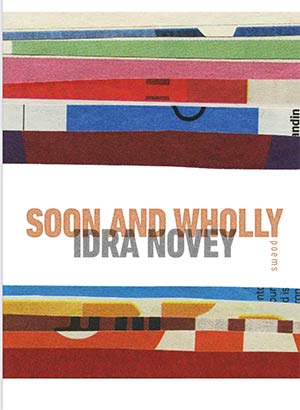
Middletown, Connecticut. Wesleyan University Press. 2024. 96 pages.
“If there’s a temple beyond glands and bone / for all that goes blank in a lifetime, maybe it resides in the body of a poem,” writes Idra Novey in her much-anticipated book of poetry, Soon and Wholly, a collection offered as a series of ekphrastic, epistolary, and lyrical poems filled with sharp-witted observation and fraught with air-conditioners, inches of shade, fracking, dead deer, sex, duck shit, fake grass, tire stores, and foreboding.
Novey is a master of juxtaposition, effortlessly mingling layers of politics, grief, and fear with parenthood, identity, and the anxiety of knowing the planet is heating. Most of her poems appear breathy on the page, clean and tidy, tucked within nests of white space, which is a statement on its own, offered up as a series of learned-the-hard-way wisdom. Several of the poems are in partnership with collage artist Erica Baum, creating yet another doorway into Novey’s reaches.
Novey has traveled the world, seen how others must work to survive. She is not too proud to admit that she lives a privileged life in many ways, as evidenced in “O Earth: An Estrangement in Six Parts”:
My days remain the temperature I assign to them while others go on
sweating with no lucky dial on the wall.
The whale of this imparity swallows me, leaves me all mouth.
Inside the whale, I go on sipping my airconditioned air.
Her poems are visceral and biting, truth-telling and cunning, as in they will sneak up on you. Beyond all that Novey coaxes me to see, I am in awe of all I can taste, touch, smell, and hear. I feel the unrelenting heat, smell the curdle from the dumpster, hear the pain in her teenage laughter, taste the spice in the sauce, her manipulation of language dizzying, as in “Letters to C, III”:
C, I dropped your sequence
in hot water. I talked
to the boil. I said Here
is my thumb for you to burn.
Here is the soft heart
of my hand and my arm
and the nape of my wreck.
In the poem “That’s How Far I’d Drive for It,” Novey indicates that she was named for an ancestor, an immigrant, who never learned to write English yet managed to plant something that “perennially thickened, red and edible.” She considers what compels her to continue on in a world clabbered with “meanness,” until the day she and a friend make their way back to her namesake’s homeplace, to the rhubarb patch, found at the end of a gravel road with no name, where the plants still thrived, “unbidden, for a century”: “My relatives refused to travel for hours for a rhubarb, but Helen said: Why get out of bed, if not for a private quest of minor significance to anyone else?” The tangible act of harvesting a few of those steadfast roots, both a real and metaphorical undertaking, setting them down in her own soil, coaxing new growth from heirloom, experiencing the same pride as her great-great-grandmother when sharing the bounty, turned out to be a deeply spiritual experience, “transcendent as anything [ever] purchased.”
It’s important to note that many young people raised up rural, in or near broke-down towns, in overlooked, underserved regions, think of little else than getting the hell out. It’s only later, after they’ve out-migrated, after a lot more hard knocks, that most feel the call of the land and their ancestors, the mountains and hollers, wishing there was a way to reenergize and protect these areas that were once vital and thriving before coal, iron, timber, natural gas, and oil companies extracted them to near ruin. In “On Returning to My Hometown” Novey reminisces:
The strip mall half-empty since my elementary years, contains only
chemicals now, the lot sequestered behind fences, its metal tanks checked
each September for leaks in the seals.
I lost my virginity in a basement here, lost my balance on a backhoe, had
to pick gravel out of my knees.
The poems in this collection are deeply lived, vivid explorations of how a person can create and be created by luck-of-the-draw life ordeals, offered in both righteous and regretful detail. “How long can [one] remain smooth and reflective as a full glass of water,” she asks.
How long, indeed.
Kari Gunter-Seymour
Albany, Ohio

